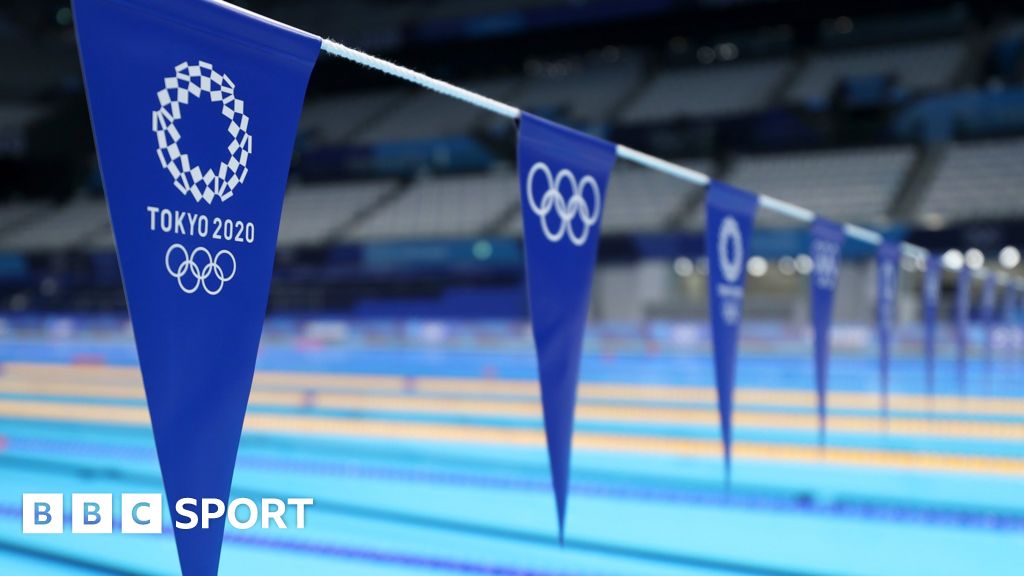United States Anti-Doping Agency (Usada) chief executive Travis Tygart said it was “crushing” to hear of the positive tests before an Olympic Games.
He said the World Anti-Doping Agency (Wada) and Chinada had “swept these positives under the carpet by failing to fairly and evenly follow the global rules that apply to everyone else in the world”, while athletes “impacted by this potential cover-up” had been “deeply and painfully betrayed by the system”.
“All of those with dirty hands in burying positive tests and suppressing the voices of courageous whistleblowers must be held accountable to the fullest extent of the rules and law,” Tygart added.
Britain’s Olympic swimming champion Adam Peaty questioned why the information was not released earlier, adding: “So disappointing from Wada.”
In response to Tygart’s statement, Wada said it was “astonished by the outrageous, completely false and defamatory remarks” and his “very serious accusations against Wada”, adding that it had referred his comments to its lawyers.
“Mr Tygart’s allegations are politically motivated,” Wada added, and “the damaging comments have been delivered without any supporting evidence whatsoever”.
Tygart has since accused Wada of “threats and scare tactics”.
Wada earlier confirmed to BBC Sport it was notified of Chinada’s decision in June 2021.
The world body said it “carefully reviewed” the case and consulted independent experts to “test the contamination theory” as well as external legal counsel.
Wada concluded it was “not in a position to disprove the possibility that contamination was the source of TMZ”, the athletes bore “no fault” and an appeal against Chinada’s decision was “not warranted”.
Olivier Rabin, Wada’s senior director of science and medicine, added: “The contamination scenario was further supported by the combination of the consistently low concentrations of TMZ as well as no doping pattern with several athletes presenting multiple samples collected over the course of several days which fluctuated between negative and positive [and vice versa].”
On Monday, China’s foreign ministry said the reports by the New York Times and German broadcaster ARD which detailed the case are “fake news” and “not factual”.
Spokesman Wang Wenbin told media in Beijing that China’s anti-doping centre had conducted an “in-depth and detailed” investigation into the incident and the athletes’ behaviour “did not constitute a doping violation”.

